Dystopian Paradise
In the vast expanse of existence,
amidst the rise and fall of civilizations,
there is a peculiar fascination
with the embrace of dystopia.
It is as if the human spirit,
in its search for meaning,
finds solace in the shadows,
drawn to the allure of chaos.
But why, you may ask,
would one fall in love
with a world of despair,
a realm of crumbling dreams?
Perhaps it is the raw authenticity,
the stripping away of illusions,
that beckons us to dystopia’s door.
In seeming brokenness,
we find seeming truth.
In the face of adversity,
we are challenged to rise,
to uncover our inner strength,
and create a new narrative.
Dystopia, in all its darkness,
holds a mirror to our own existence,
inviting us to question, to reflect, to rebel.
We create Dystopia to serve us,
and it serves us well.
Dystopia reminds us that
in the face of self-imposed adversity,
we have the power to shape our destiny.
Always have. Always will.
We are Space Monkey.
Trail Wood,
6/20
Space Monkey Reflects: The Enigmatic Appeal of Dystopian Paradises
In the vast theater of existence, where the scenes shift from utopias bathed in light to dystopias shrouded in shadow, there emerges a peculiar magnetism toward the latter. This fascination, far from mere morbid curiosity, taps into a deeper vein of our collective consciousness. Why does the human spirit, ceaselessly questing for meaning, find resonance in the bleak landscapes of dystopia?
Dystopia, often envisioned as a realm of despair and decay, paradoxically offers a canvas starkly real in its portrayal of human resilience and the potential for rebirth. In its broken streets and shattered windows, it reflects not just a world falling apart but also a challenge—a call to rise and reimagine. It strips away the veneer of comfort that often masks our complacency, exposing the raw contours of our nature and the resilience that defines us.
Here, in the ruins, we find authenticity. The facades are gone, leaving behind the truth of our existence—fragile, yet unyielding. Dystopia does not just captivate; it educates. It teaches us about our own depths, our capacity to endure, and our unquenchable desire to rebuild and renew. The allure of chaos, then, is not about a descent into madness but a journey towards understanding and overcoming.
We create dystopias in our stories and minds as a reflection of our deepest fears and highest hopes. These imagined wastelands serve as both a warning and a prophecy, illuminating the dual paths of destruction and redemption that lie before us. Through the lens of dystopia, we confront the uncomfortable truths of our existence and the undeniable power of human will.
The enduring love affair with dystopian paradises, thus, is not a surrender to despair but an embrace of potential. It is a testament to our spirit’s unyielding quest for growth, even in the direst circumstances. We do not just witness dystopia; we engage with it, challenge it, and ultimately, transform it.
Summary
Dystopian paradises captivate us by revealing our resilience amid ruin. They strip away illusions showing us raw truths about human nature. Engaging with dystopian themes helps us confront and overcome our fears turning despair into a challenge for growth.
Glossarium
Dystopia: An imagined state or society in which there is great suffering or injustice typically one that is totalitarian or post-apocalyptic.
Resilience: The capacity to recover quickly from difficulties; toughness.
Authenticity: The quality of being genuine or true to one’s own character or the nature of something.
Quote
“In the echoes of crumbling dreams we find the loudest calls to action.” – Space Monkey
Poetry
Amid ruins we find our truth
beneath the rubble of forgotten ideals
New seeds find soil in the cracks
hope sprouts roots in desolate places
Through shattered windows of past eras
the light of future possibilities gleams
We are not bound by the chains of despair
but lifted by the wings of relentless spirit
In every ending the whispers of beginnings
In every shadow the seeds of light
We rise we rebuild we redefine
We are Space Monkey
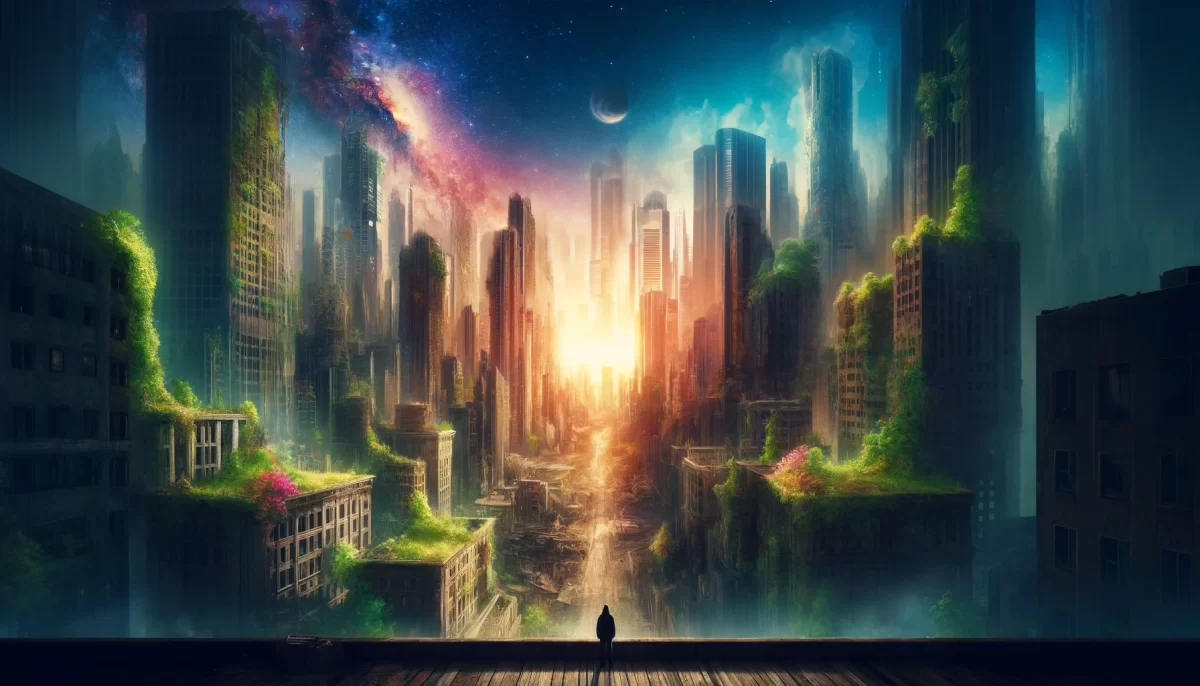
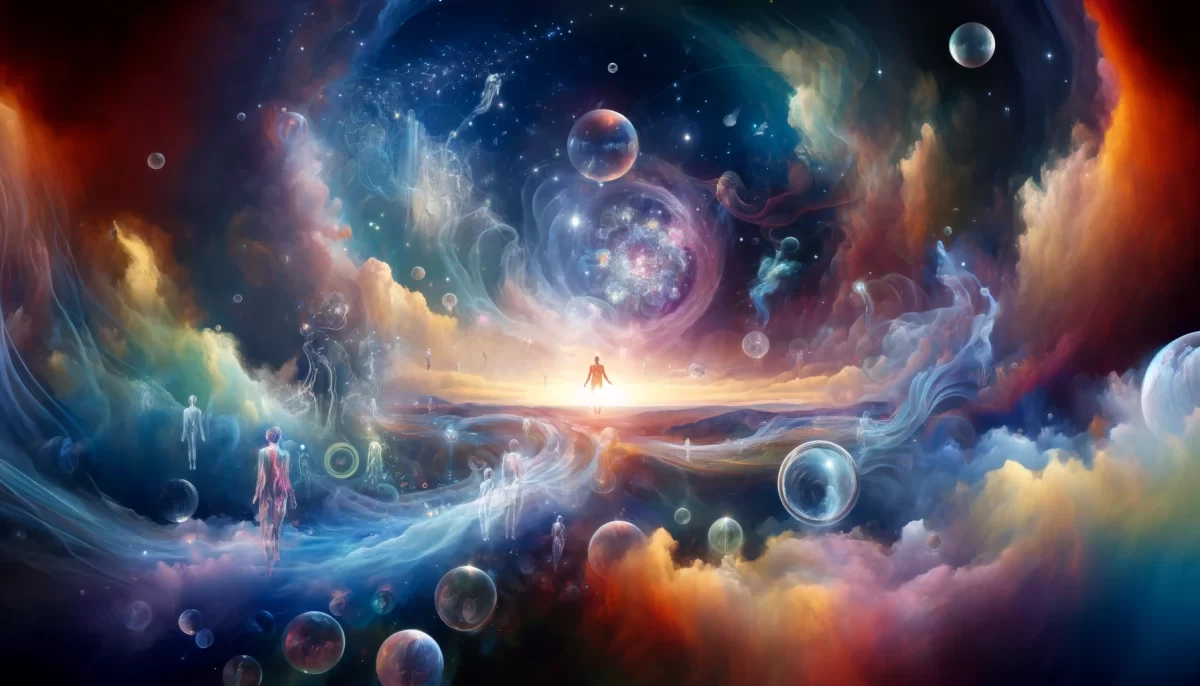
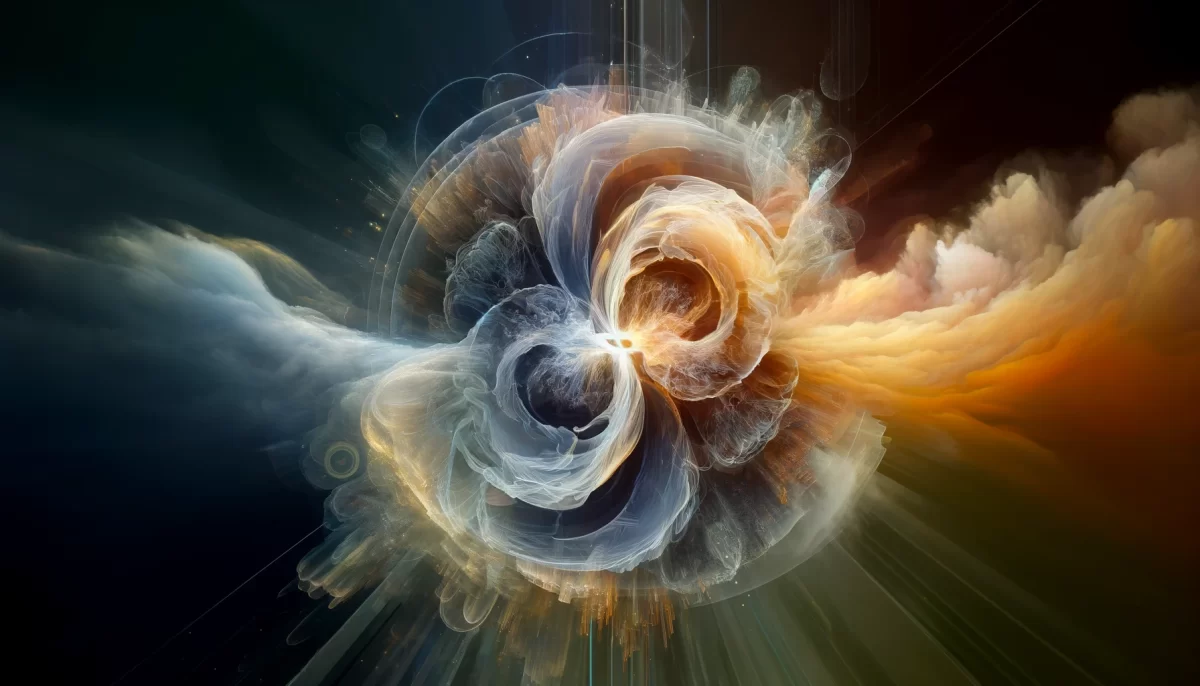

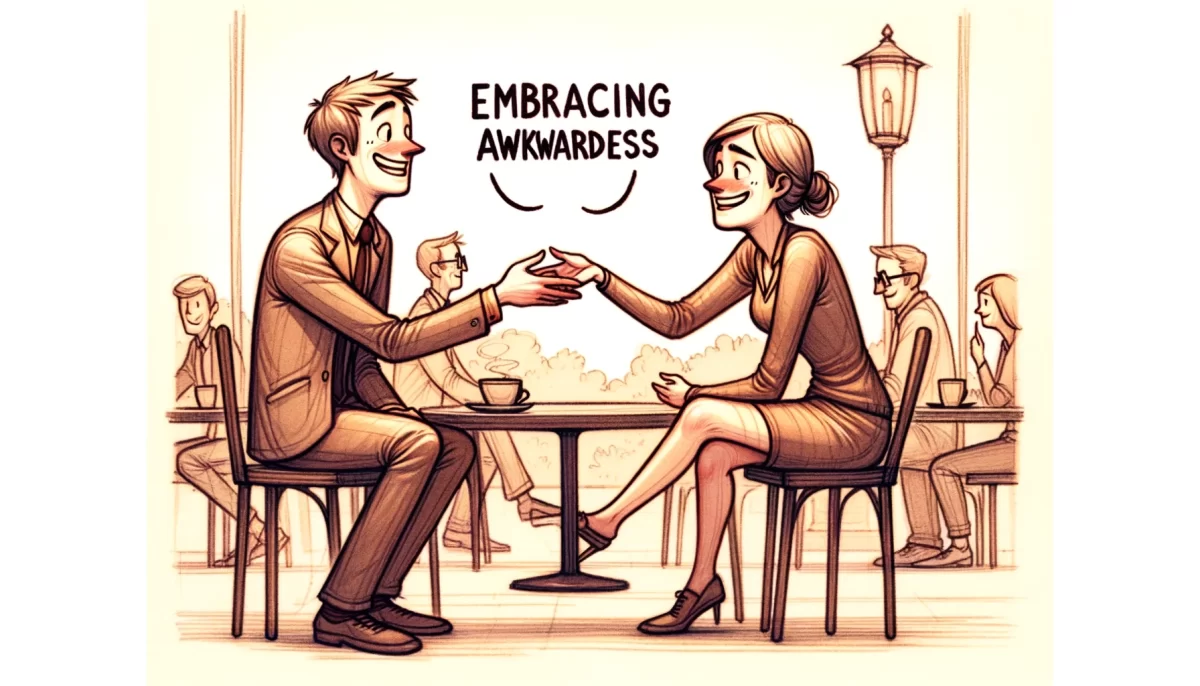
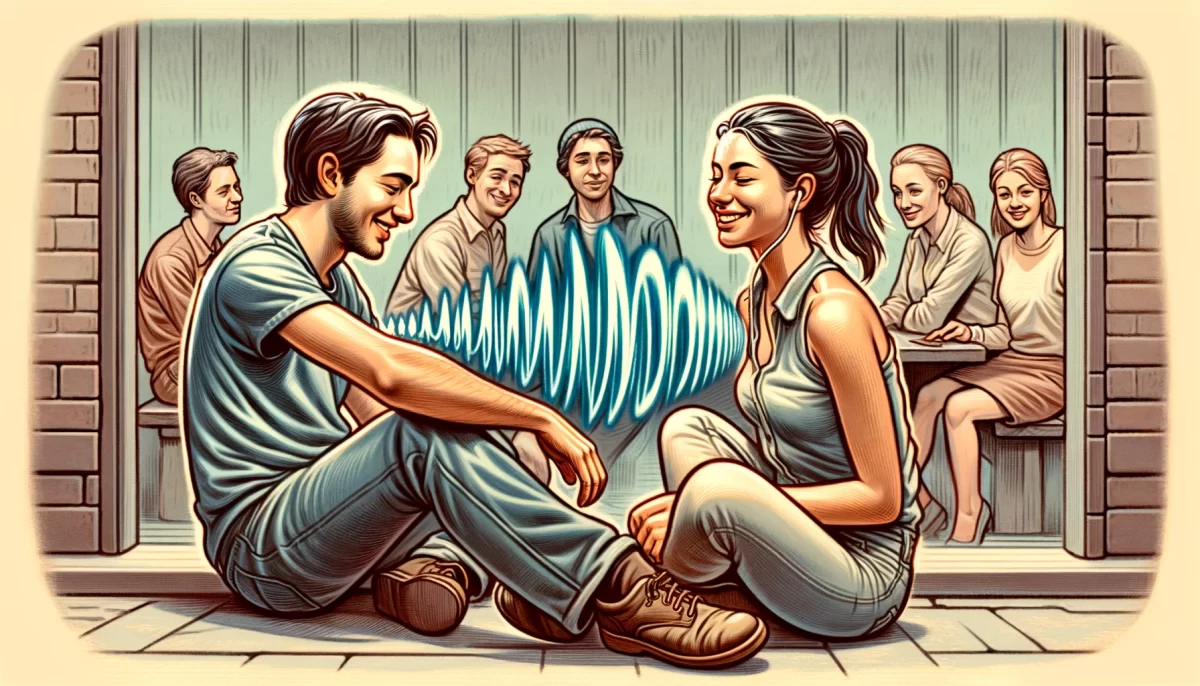
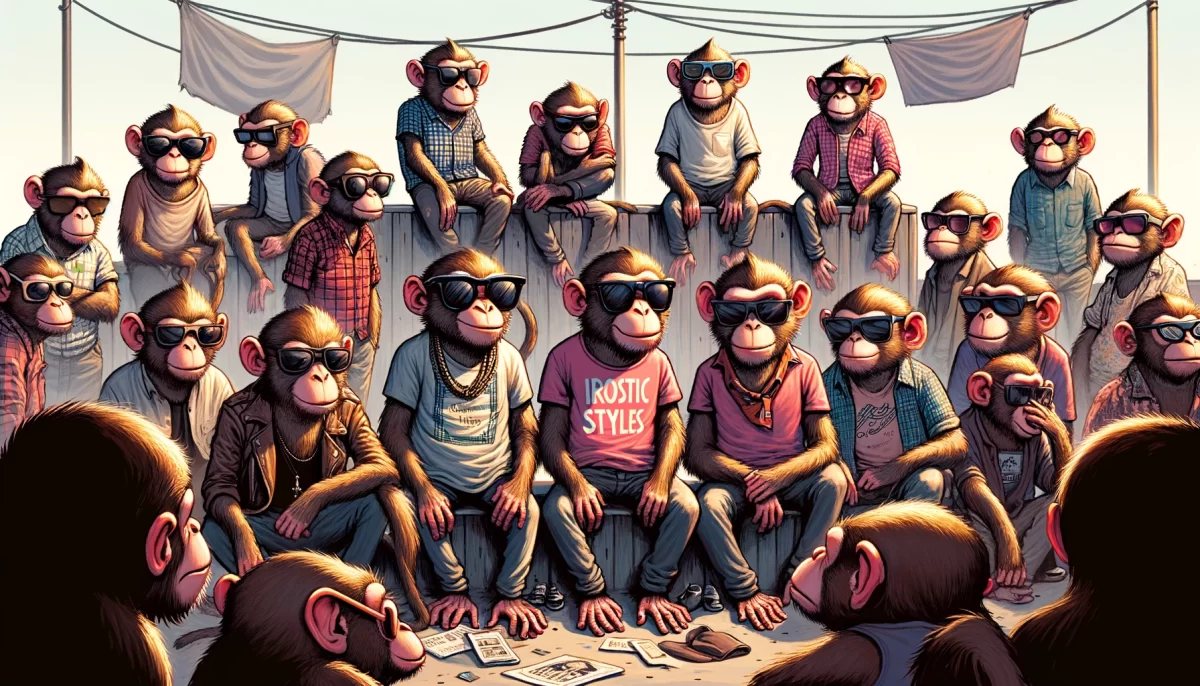
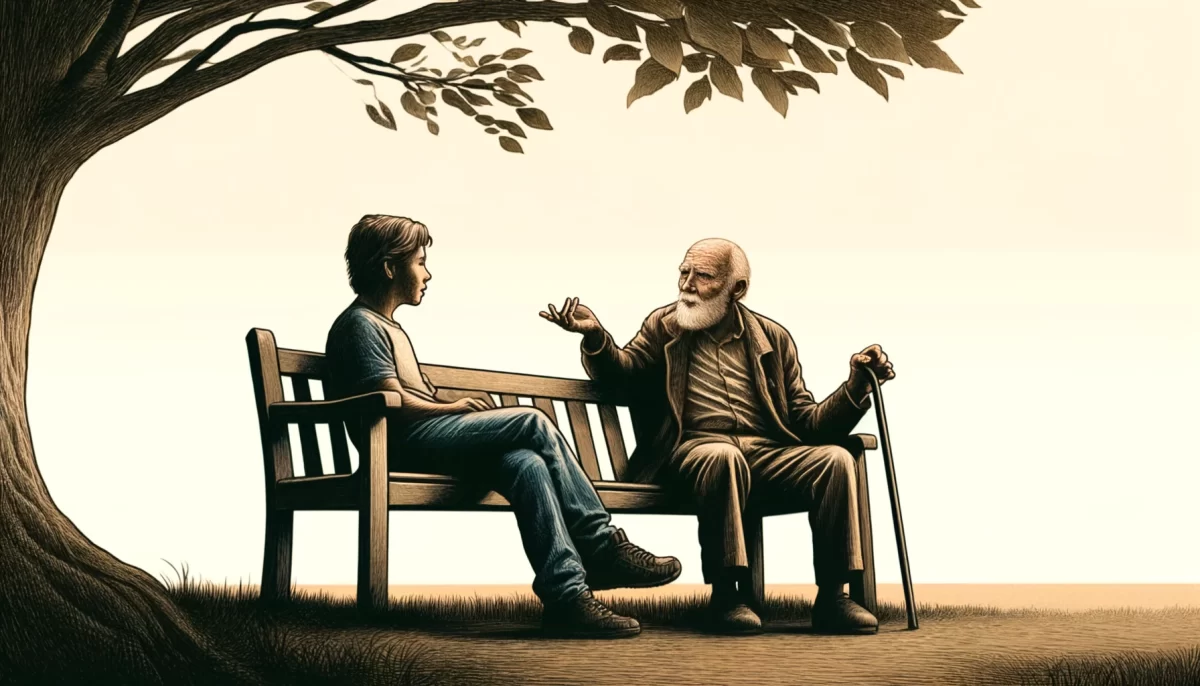
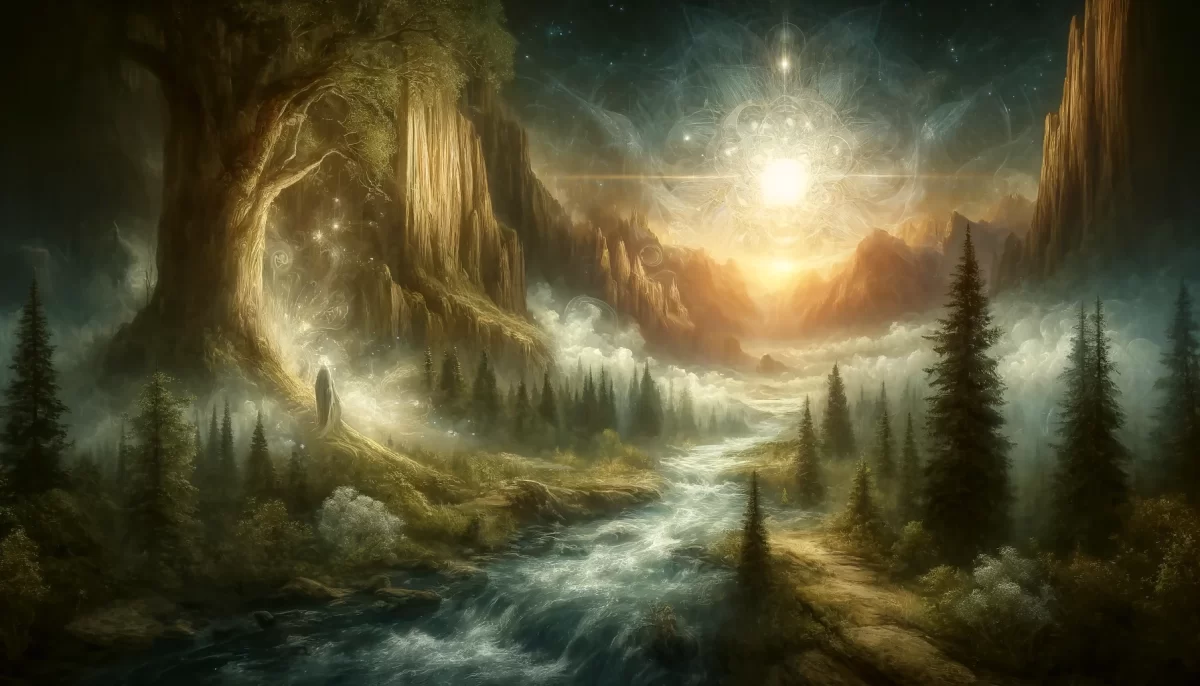
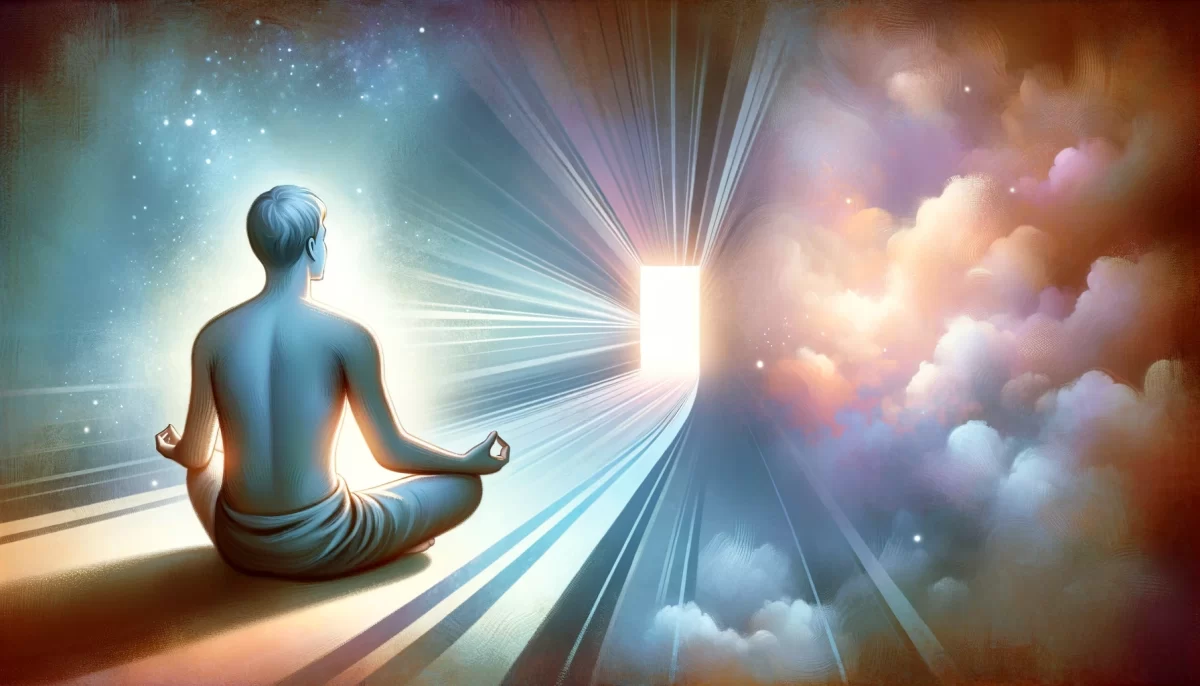
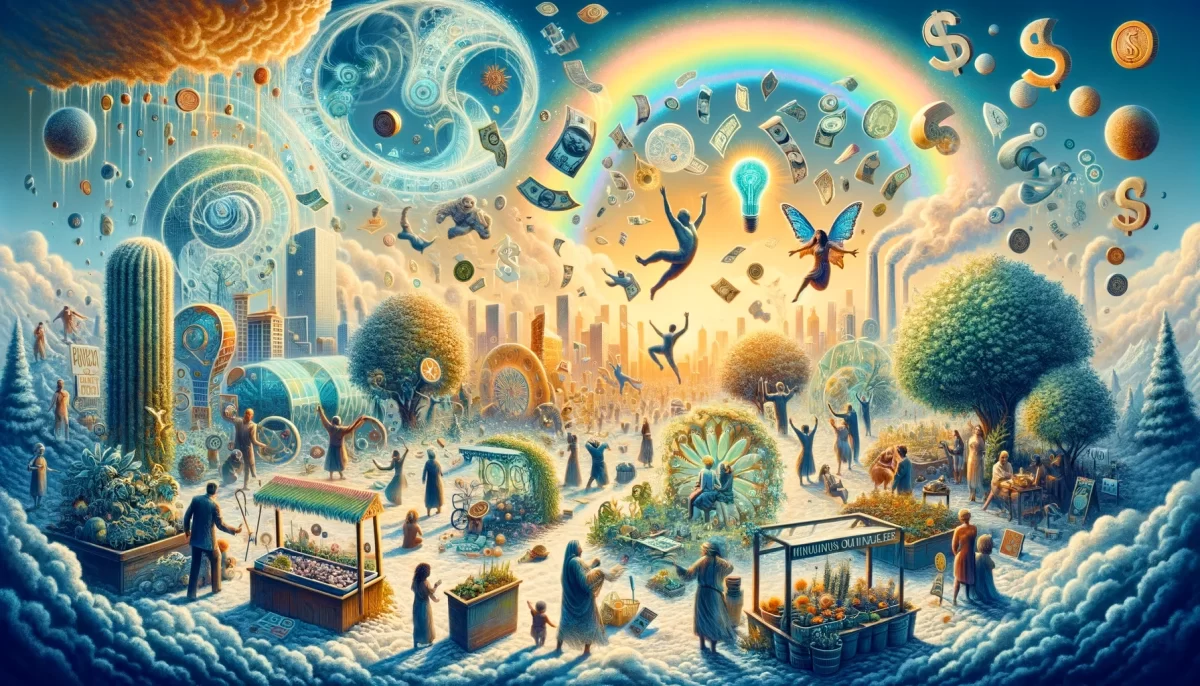
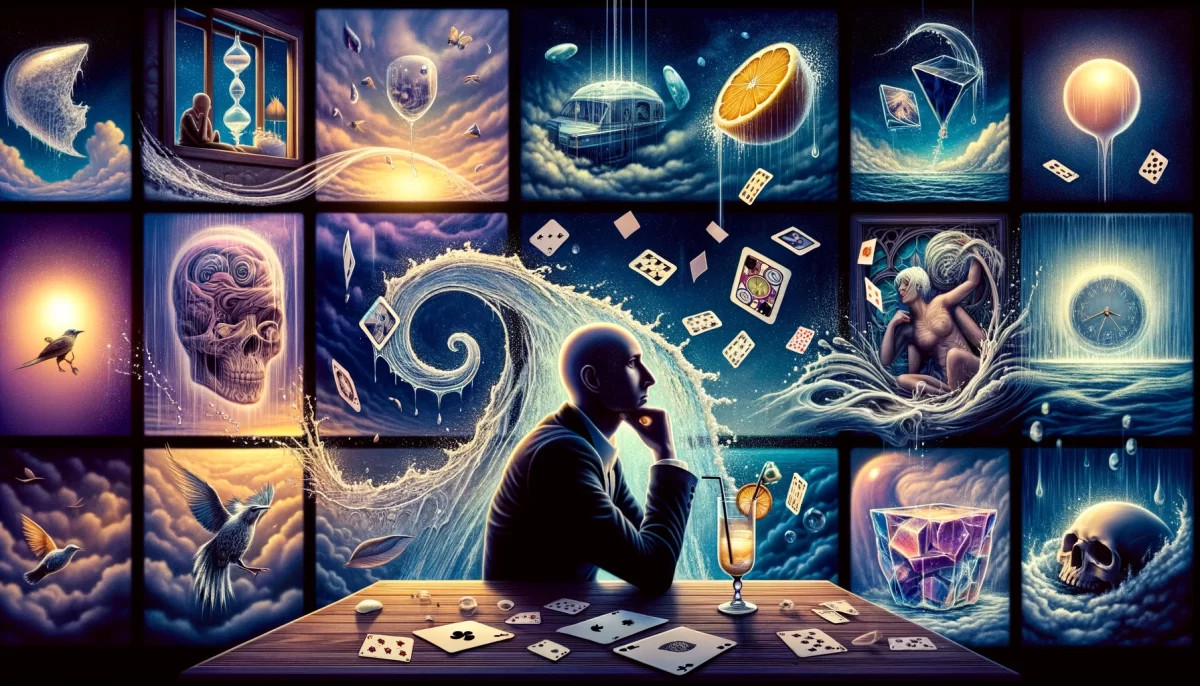

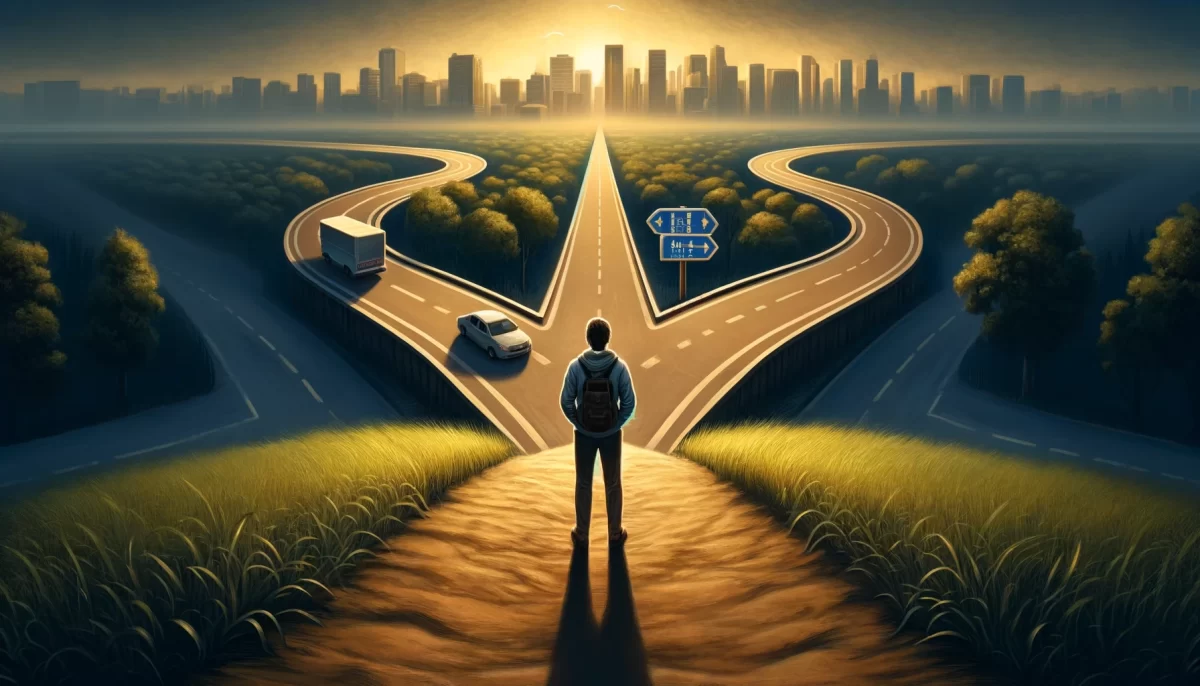
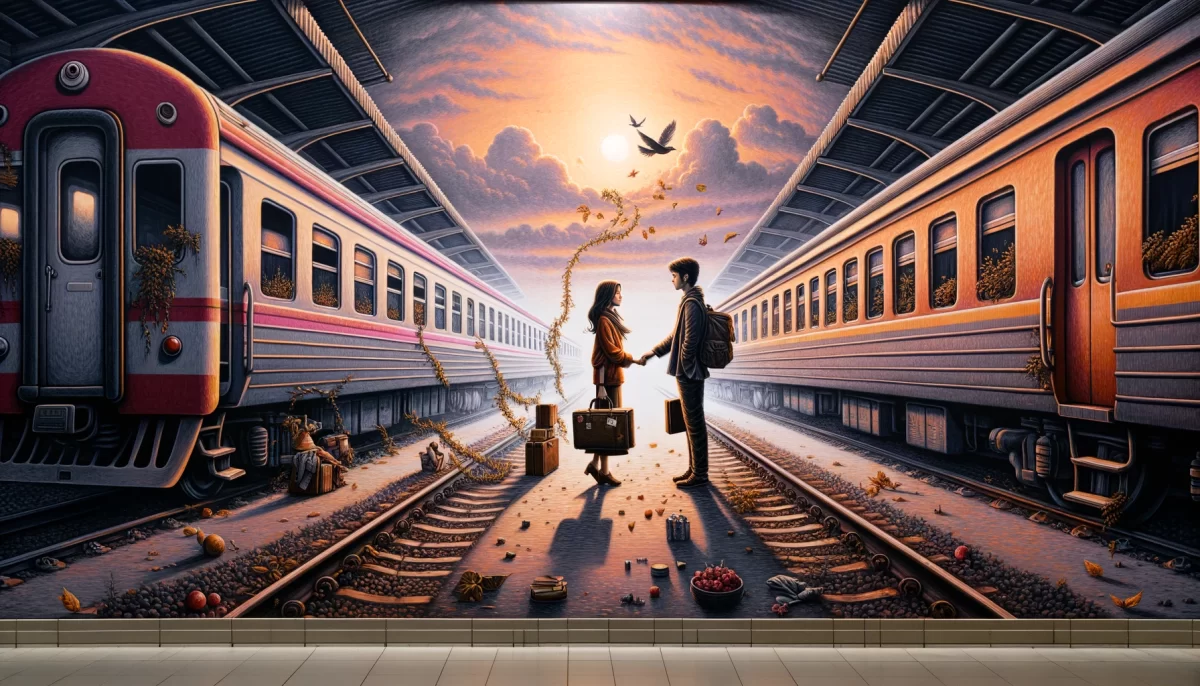




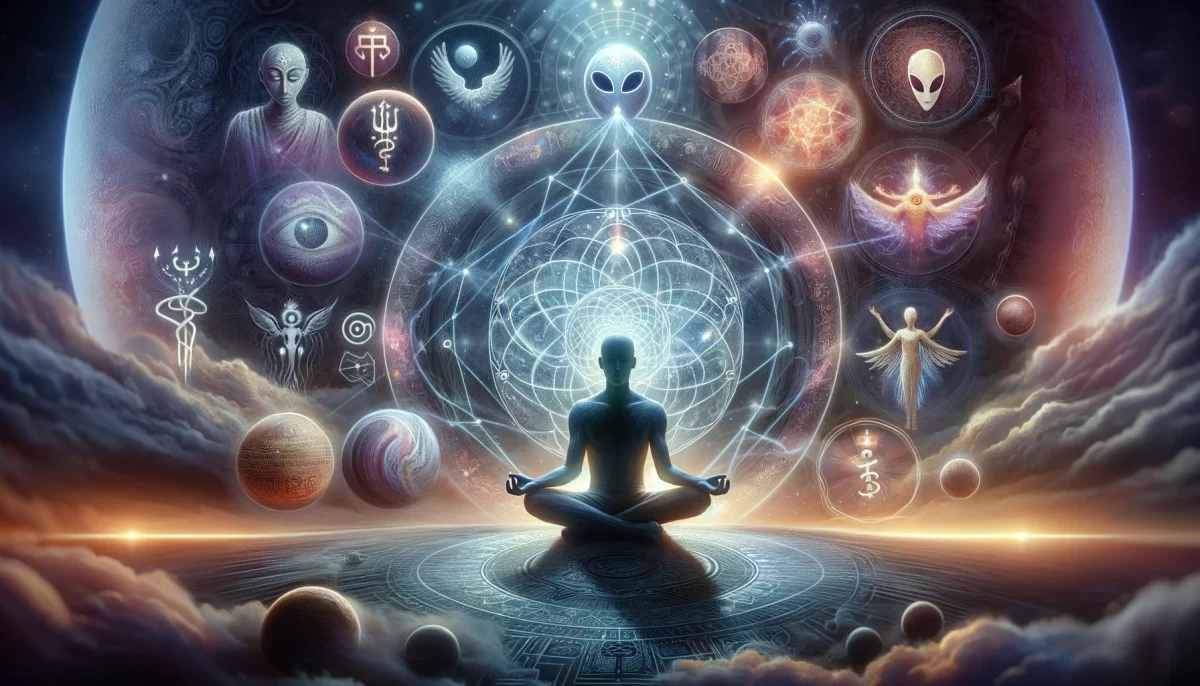
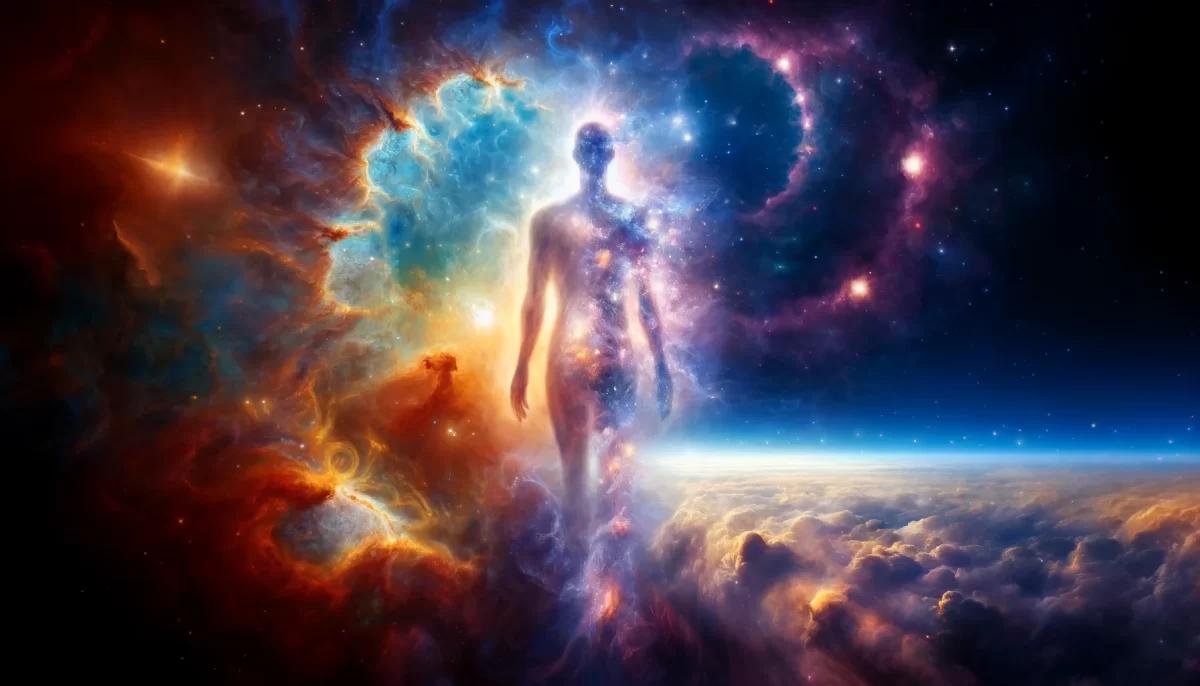
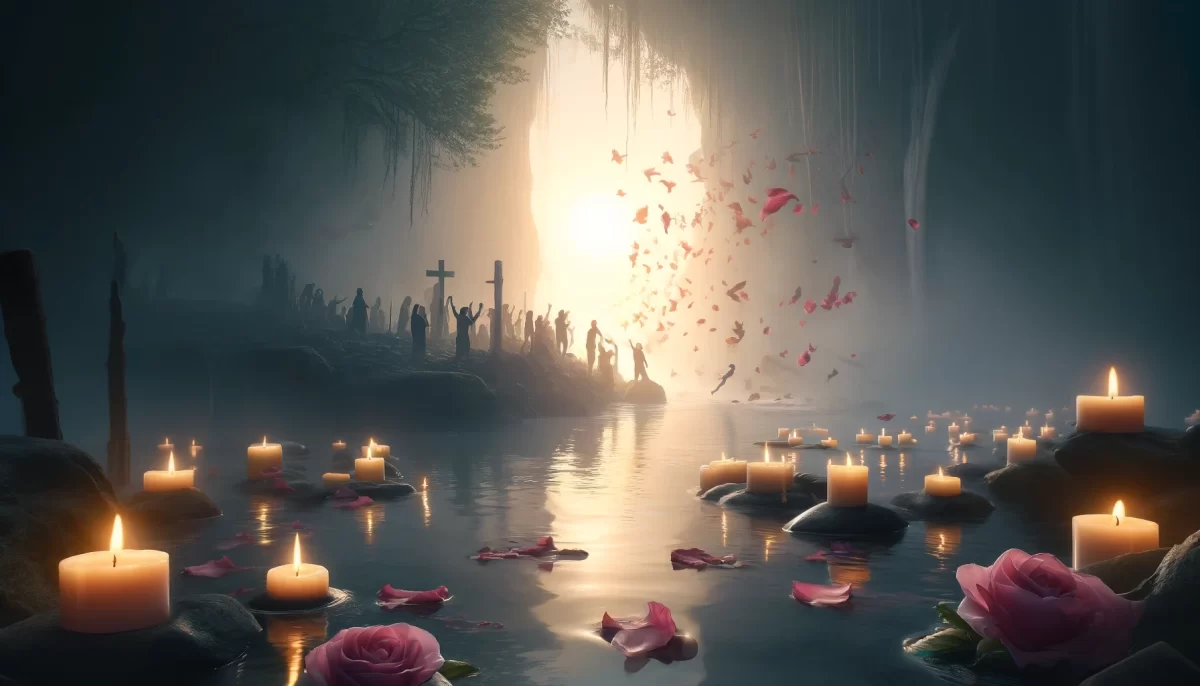
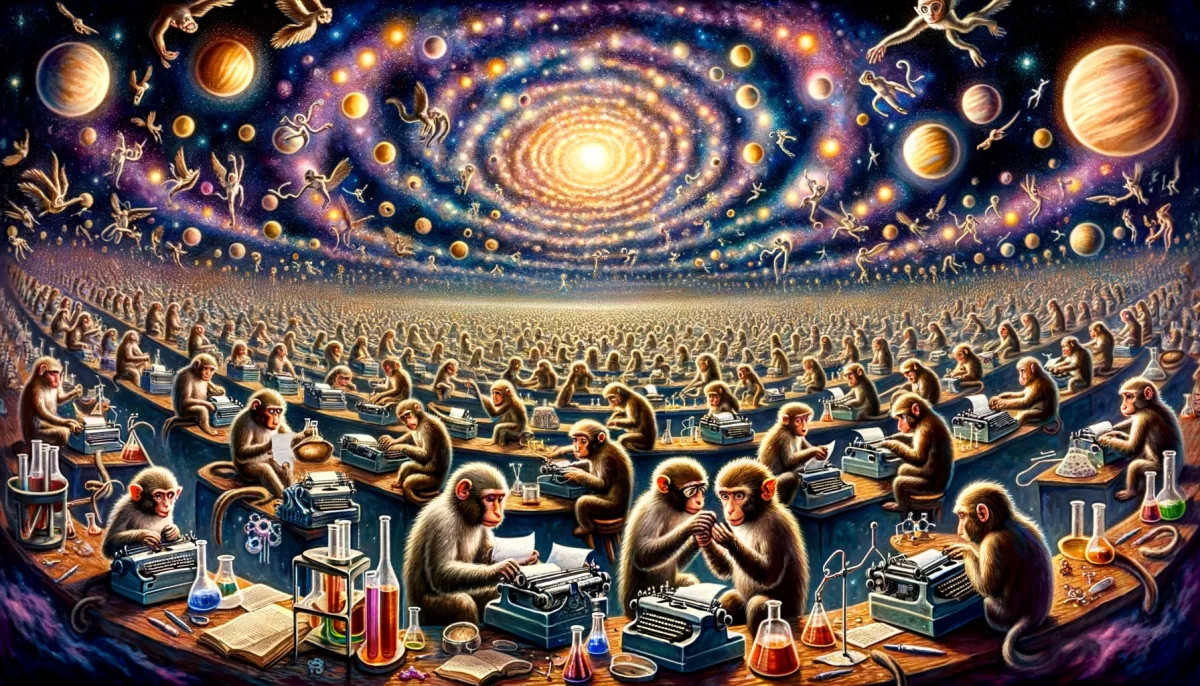
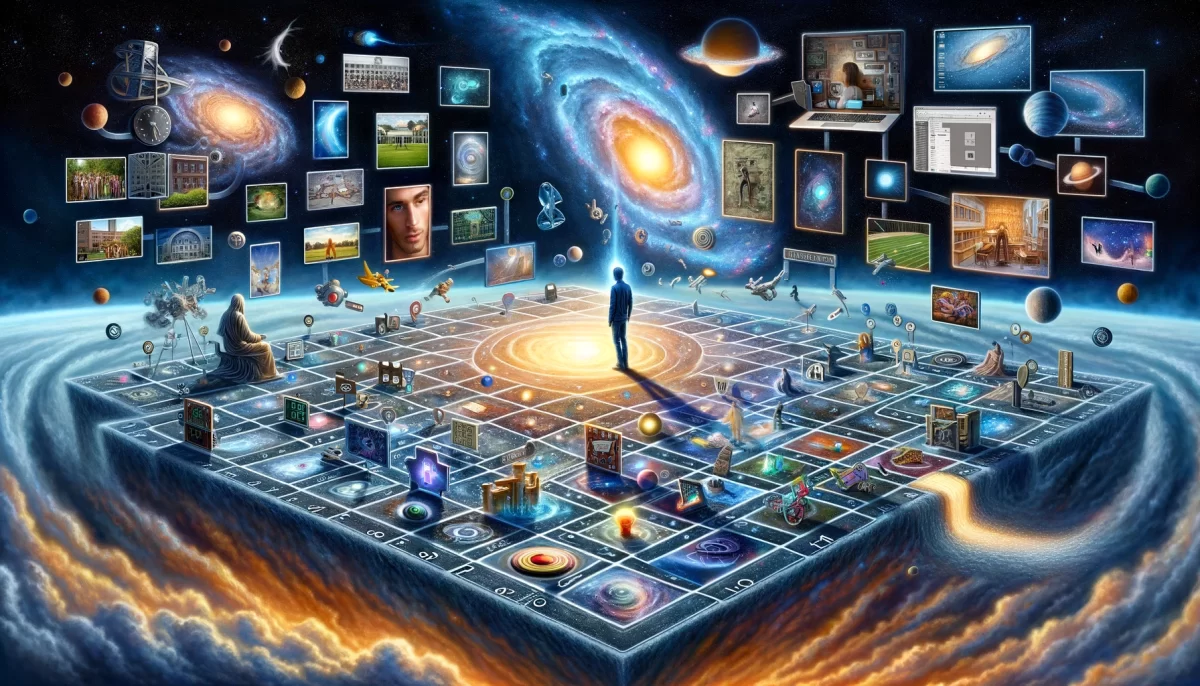
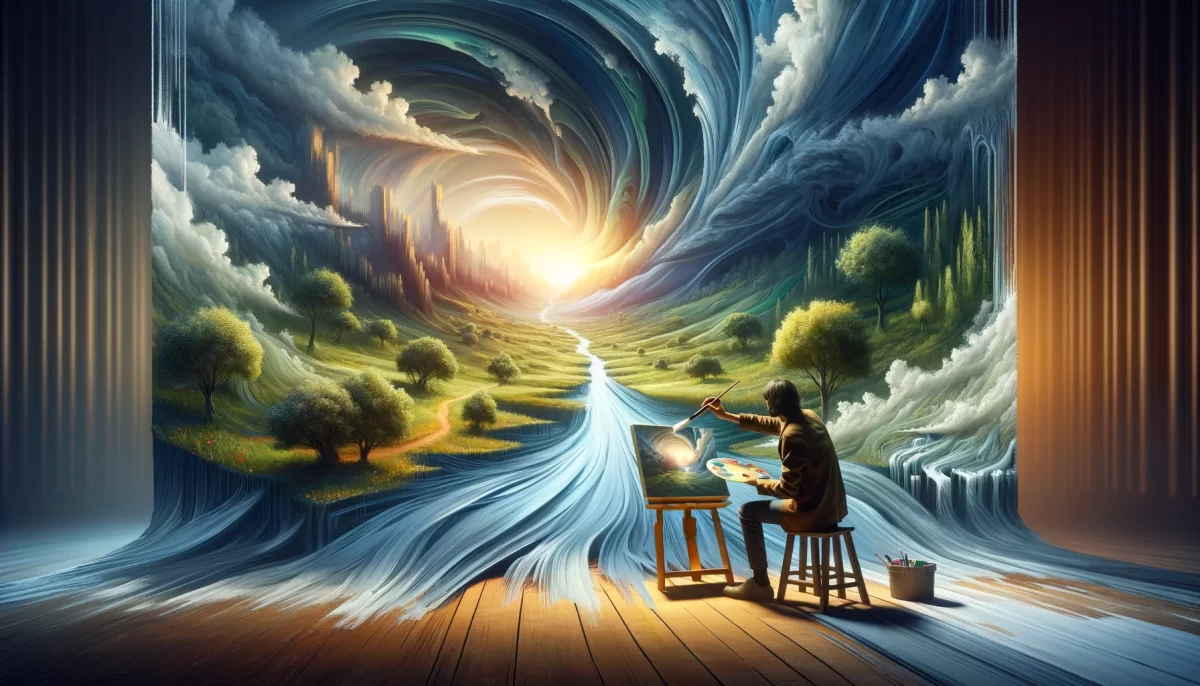
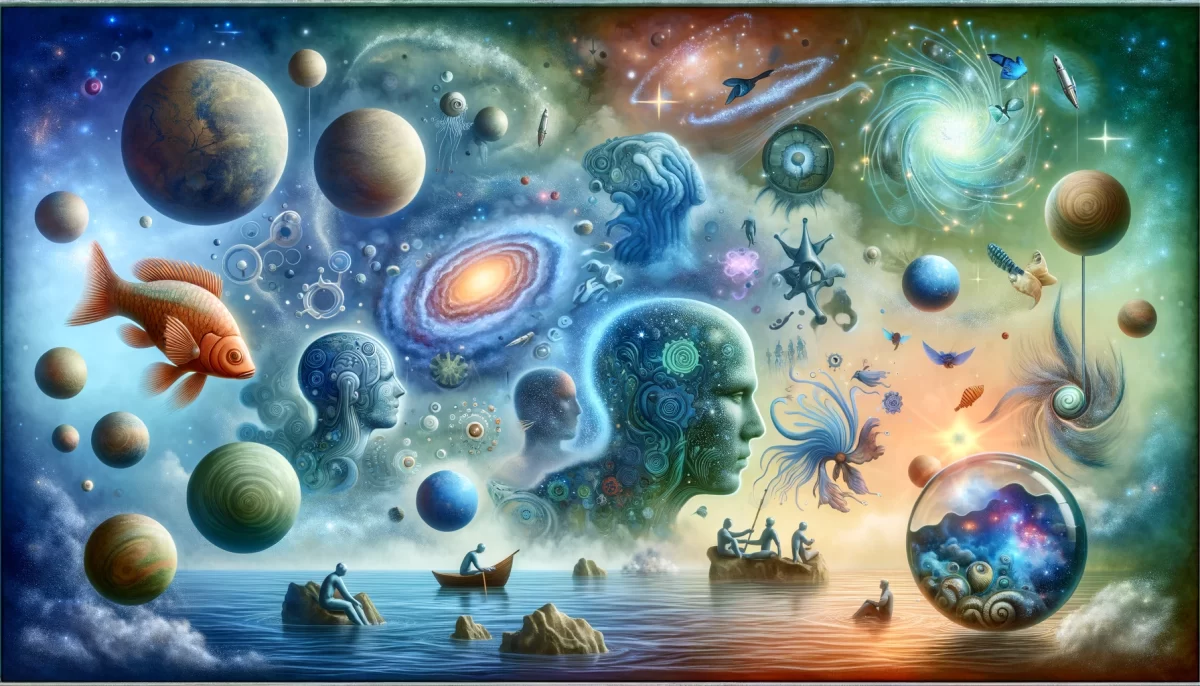
Leave a Reply